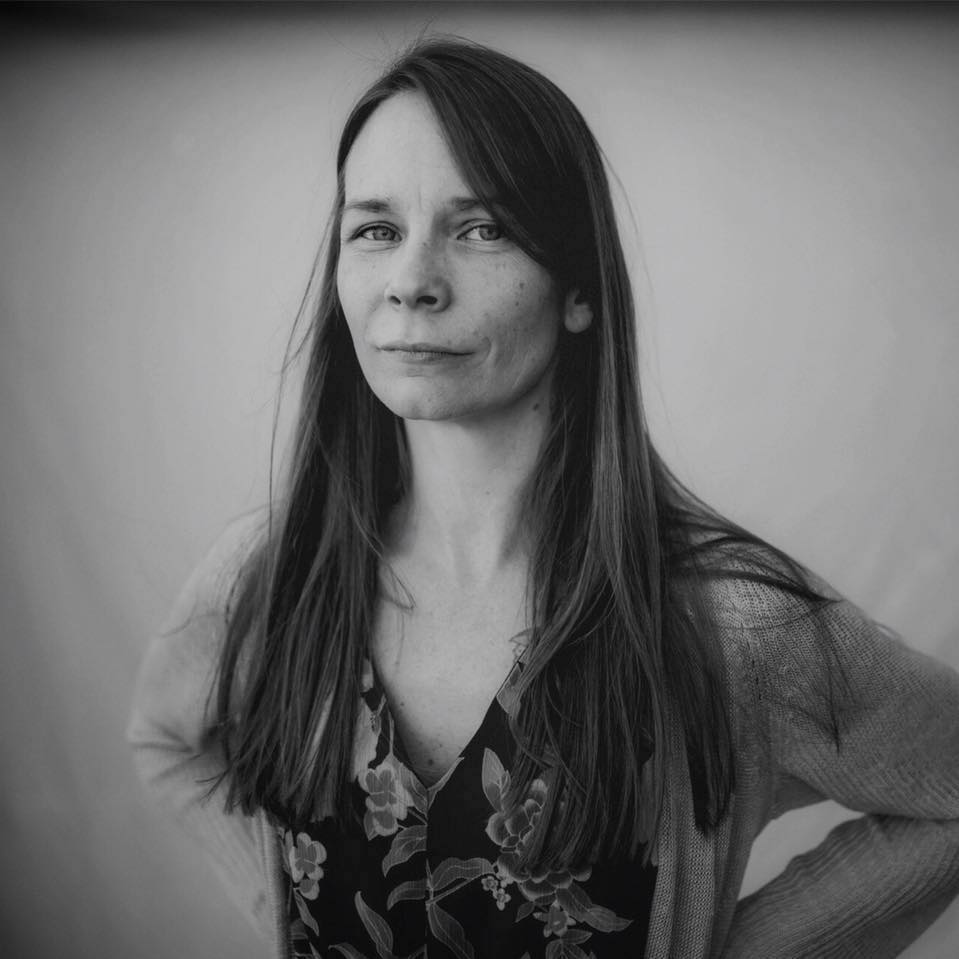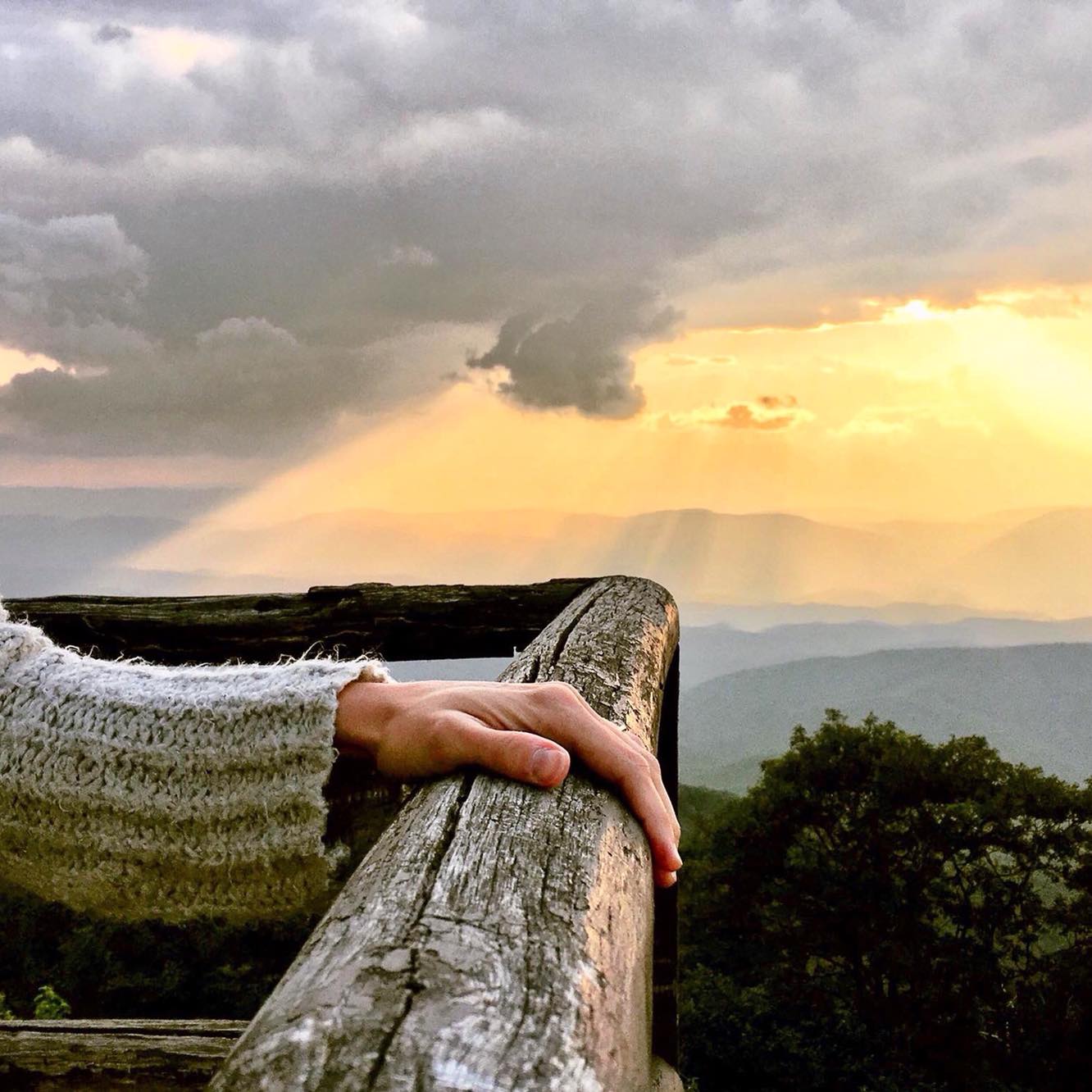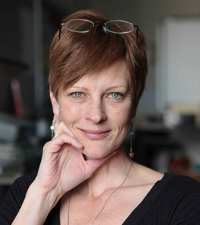As I write this, it’s been 6 weeks since our local school divisions closed for the year and more than a month since Governor Northam issued executive order 55, extending the stay-at-home order to June 10. Although just yesterday the governor announced a phased reopening to begin mid-May, it’s hard to feel completely comfortable about it. In that short time, people have already experienced economic hardship and stress, an inability to keep up with rent payments, food insecurity, illness, and lack of child care, not to mention the myriad unforeseen ways the pandemic has wreaked havoc on how we collectively and individually move through each confusing day. In that same short time, ordinary people have recognized cracks in the system and swiflty and creatively pivoted to weave some sort of safety net. Our school cafeteria employees are cranking out thousands of meals each week, distributed drive-thru style by teachers to hungry families. Teachers and school administrators have spent hours figuring out how to deliver instruction safely and equitably through online platforms and paper packets. Local businesses, like the Harrisonburg Farmer’s Market, have altered the way they offer their services or temporarily reinvented themselves to meet these new challenges with no real pre-existing model of how to do that (like Pale Fire Helps and Magpie Diner). And folks watching this all unfold in very scary ways have simply felt a call to help in some manner and created new channels for accessing desperately needed resources. For Lori Mier, it started with a simple offer of child care.

Lori Mier. Photo by The Commoneer
As a social worker in post-adoption case management, Lori is able to work from home some, and when school closures started happening, she offered child care to friends who were still reporting to work outside their homes. She also offered grocery runs, posting these ideas to her Facebook page. Some people replied with a need; others replied with an offer of their own. Soon the needs and offers started to really pile up, so Lori decided to start a Facebook group to house all of them. This group is called Harrisonburg VA Services in Times of Need. Since its creation on March 13, the group has grown to 1500 members, all sharing needs, offers of help, and stories of life during COVID-19. Pretty quickly, the recently formed Shenandoah Mutual Aid organization reached out and partnered with the group. You can find their Mutual Aid forms, one for volunteering and one for needs, always pinned at the top of the Harrisonburg Services page. As you might imagine, scrolling through hundreds of posts to find a resource is cumbersome, so Lori sorted the posts into topics: child care, food, housing, etc. Still, it became necessary to create three separate working groups related to housing, food and health care: Shenandoah Housing Insecurity During COVID-19, Shenandoah Food Security During COVID-19, and Preventing Shenandoah Valley Health Care Collapse. Several folks from different agencies stepped up to help Lori make the groups more functional and user friendly. If you need help with rent, housing, child care, food, or health care, please visit these pages.
Lori says the process of organizing a new system to meet new community needs has been “overwhelming. I didn’t think it would grow like it did. There’s a lot of work that community members and working class people are doing that our government should be doing, so we are left to take care of ourselves in that sense. It’s been overwhelming and frustrating but also uplifting seeing the community come together.” We still have to feed our kids, house our families, care for elderly parents, and pay our bills, so we start making desire lines to get to what we need with or without the government’s help. Lori was meeting virtually with people from several nonprofits and grassroots organizations every single day, carving out a system and finding ways to connect people and groups that aren’t usually connected to meet needs efficiently and with an appropriate sense of urgency. In the process, Lori met some folks from Virginia Organizing and decided to join: “That’s been helpful in learning where I can take action. It’s hard for me to separate service/charity and social justice work. It would be nice if they could be one thing, but they’re not.” Charitable donations, as important as they are, don’t always equate to systemic change. Donations are necessary to tide people over, cover immediate expenses, and help small businesses sustain slow periods, but they are not a long-term solution. Policies need to change in order to decrease or eliminate the need for charitable donations.

Photo courtesy of Lori Mier
The pandemic has unearthed inequities that have always existed but now are becoming glaringly obvious. Working class people, essential workers, the unemployed, and the unhoused have been the hardest hit. When the stimulus package was announced, people around the country began to question whether they really needed their $1200 — lots of us, including me, are still employed by an entity that should be able to ride out this lean period of time. Lori’s job is still intact, too, so she borrowed a concept from Charlottesville called #ShareMyCheck. She started a page called #ShareMyCheckHburg with simple instructions for how to donate part or all of one’s stimulus check to organizations providing direct relief to people who need it to survive. “I created the pledge because there was a lot of attention going to small businesses, and I wanted this group to take more of a focus on the people who are essential workers, the people who are unhoused, the people who are marginalized.” Be advised that the website contains instructions and ideas, not a donation button; if you want to make a donation, you must contact the organization yourself.
Here’s a common scenario people are experiencing right now. One adult in the household has been laid off, and the other continues to report to their minimum wage essential job. Commuting to work on a crowded bus is stressful but required. Working in an essential position is also stressful but required. Despite one of them still working, this already economically precarious couple can’t make rent and have to contact an organization that may or may not be able to help. Organizations created to fill gaps in an insufficient system are overrun with requests for help. It’s debilitating. As Lori explains, this is how the #ShareYourCheck initiative started: “There is a lack of long-term solutions and a lack of looking at how we got to this point in the first place.” We need to critically examine what policies occurred a long time ago that make it hard to earn a living wage, make it hard to afford rent, cause homeownership to be out of reach for so many people, and contribute to homelessness and food insecurity. This situation has brought to light, once again, questions that still go unanswered.

Photo courtesy of Lori Mier
And although policy change is what will result in long-term solutions, real people are in a predicament where they need help immediately. Lori explains, “We need both. We need fundraising and donations because people have immediate financial needs. But we also need to fix the reasons that people are so precarious.” To become more involved on the policy end of this crisis, Lori suggests visiting the Shenandoah Mutual Aid website and reading about their services. Virginia Organizing, a non-partisan statewide grassroots organization that helps people in local communities advocate for change, works on multiple social issues; their website contains a wealth of information about how current policies prevent equity and how to organize around policy change.
On top of her career as a social worker, Lori is a community activist, ecotherapy guide, nature photographer, and mom to a curious and active 7 year old.

Katie Mitchell is a mom, educator, and writer who has called Harrisonburg her home since 1993. She loves books, beer, fire, sunsets, spicy things, trees, water, live music, and unexpected naps. She is the writer and founder of Harrisonburg’s popular blog I Love My Burg and is currently working on her Masters Degree in Communication and Advocacy.

